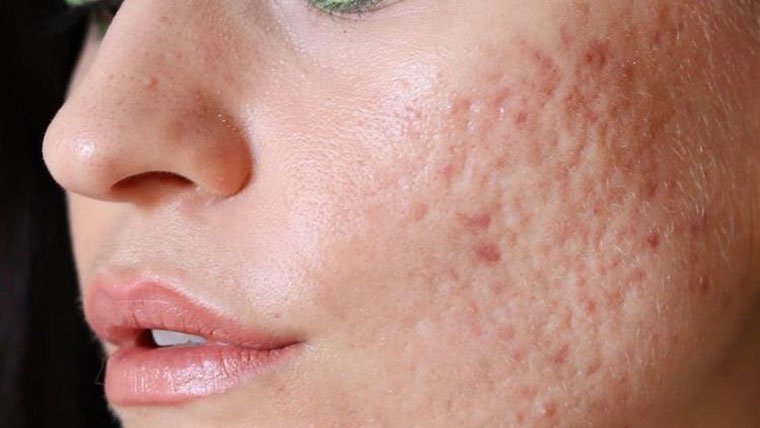Microneedling for acne scars.
Microneedling is a procedure that's used to treat skin conditions by stimulating collagen production. It can be especially effective for acne scars, as it can promote the healing and regeneration of the skin.
Here's a brief explanation of the process:
1. The procedure: Microneedling involves using a tool with tiny needles to create microscopic punctures in the top layer of the skin. This is typically done by a dermatologist or a trained esthetician. The punctures are so small that they're almost invisible to the naked eye.
2. Healing response: These tiny punctures are perceived by your body as wounds, even though they're not harmful or painful. This triggers your body's wound healing processes, stimulating collagen and elastin production, which are key to new, healthy skin formation.
3. Reducing acne scars: The increase in collagen and elastin can help to reduce the appearance of acne scars. It can fill in the depressed or pitted areas that are common with this type of scarring. It can also help to smooth the skin and even out color irregularities.
4. Aftercare: After microneedling, your skin may feel a little sensitive and appear red, similar to a mild sunburn, but this reduces within a couple of hours after treatment. It's important to avoid direct sun exposure and to use a good sunscreen. You should also keep your skin clean and moisturised.
Microneedling is generally safe for all skin types, but there are some individuals who should avoid this treatment, including those with active skin infections, those who are pregnant or breastfeeding, and those with a history of poor wound healing or keloid formation.
While microneedling can be beneficial for acne scars, it may take multiple sessions to achieve the desired results. It's also important to have realistic expectations as results vary depending on the individual's skin type, the severity of the acne scars, and the number of treatments.
To find out more about the benefits of Microneedling and if you are suitablef or treatment then book a consultation with our skin experts.

